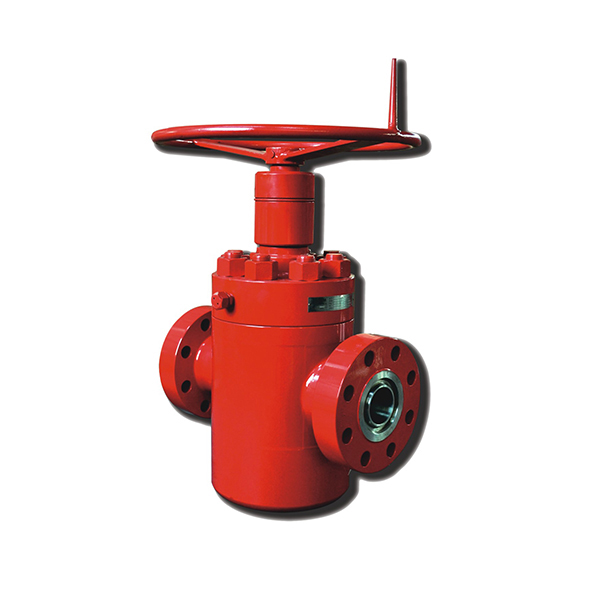Wellhead gate valves are an essential component of oil and gas production systems, playing a crucial role in controlling the flow of fluids from the well. These valves are designed to withstand high-pressure and high-temperature conditions, making them vital for the safe and efficient operation of wellheads. In this article, we will explore the purpose of a wellhead gate valve and discuss the best lubricants for gate valves to ensure their optimal performance.
Purpose of a Wellhead Gate Valve
The primary purpose of a wellhead gate valve is to regulate the flow of fluids such as oil, gas, and water from the well. These valves are installed at the wellhead, where they serve as a barrier to control the flow of hydrocarbons and other substances extracted from the reservoir. By opening or closing the valve, operators can either allow the flow of fluids or shut it off completely, providing a means of controlling the production process.
In addition to flow control, wellhead gate valves also play a critical role in wellhead safety. In the event of an emergency, such as a blowout or uncontrolled release of fluids, the gate valve can be quickly closed to isolate the well and prevent further escalation of the situation. This capability is essential for protecting personnel, equipment, and the environment from potential hazards associated with wellhead operations.

Best Lubricant for Gate Valves
Proper lubrication is essential for maintaining the performance and longevity of gate valves, including those used in wellhead applications. The choice of lubricant can significantly impact the valve's operation, particularly in harsh operating conditions commonly encountered in the oil and gas industry. When selecting a lubricant for gate valves, several factors should be considered, including temperature, pressure, and compatibility with the valve materials.
One of the best lubricants for gate valves is a high-quality, synthetic grease specifically formulated for valve applications. Synthetic greases offer superior performance in extreme temperatures and provide excellent resistance to oxidation and degradation, ensuring long-term lubrication effectiveness. These greases also offer enhanced protection against corrosion and wear, which is crucial for gate valves exposed to harsh operating environments.
In addition to synthetic greases, some gate valves may benefit from the use of dry film lubricants, which provide a thin, protective coating that reduces friction and wear. Dry film lubricants are particularly suitable for valves operating in high-temperature or high-pressure conditions, where conventional greases may not be as effective. By forming a durable, low-friction layer on the valve components, dry film lubricants can help improve the valve's performance and reliability.

It is important to note that the selection of the best lubricant for a gate valve should be based on the manufacturer's recommendations and industry best practices. Proper application and maintenance of the chosen lubricant are also essential to ensure optimal valve performance and longevity. Regular inspection and re-lubrication of gate valves should be conducted as part of a comprehensive maintenance program to prevent issues such as valve sticking or excessive wear.
Conclusion
Wellhead gate valves are critical components of oil and gas production systems, serving the dual purpose of flow control and safety. The proper selection and application of lubricants are essential for ensuring the optimal performance and longevity of gate valves, including those installed at wellheads. By using high-quality lubricants that are compatible with the operating conditions and materials of the valves, operators can help minimize maintenance requirements and maximize the reliability of their wellhead gate valve systems.
Post time: Apr-29-2024
